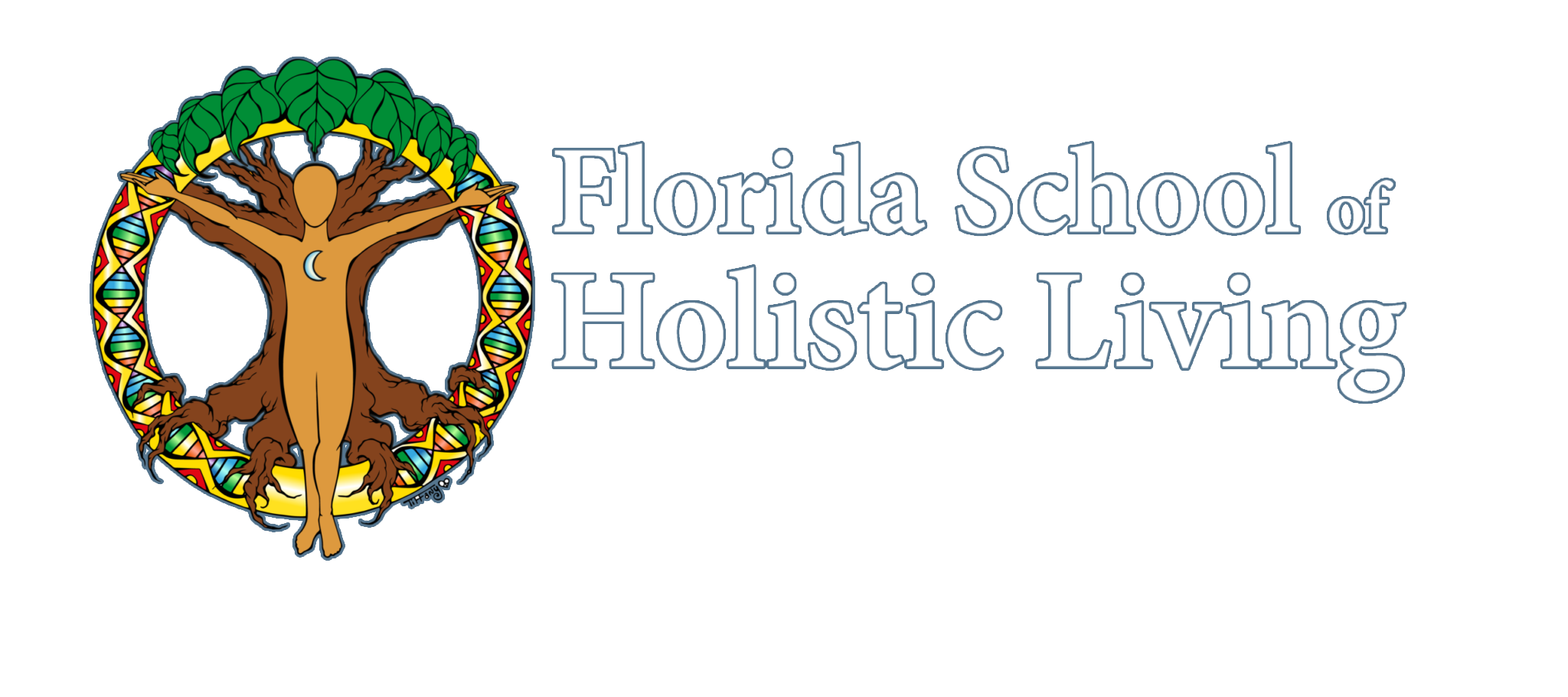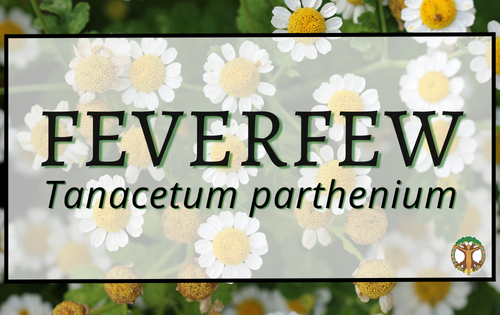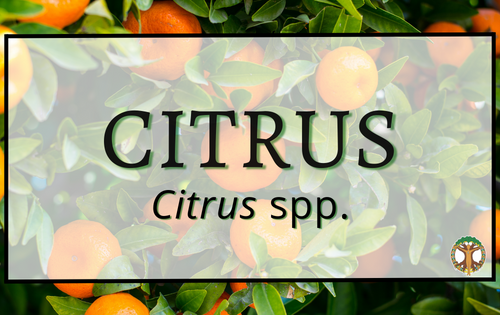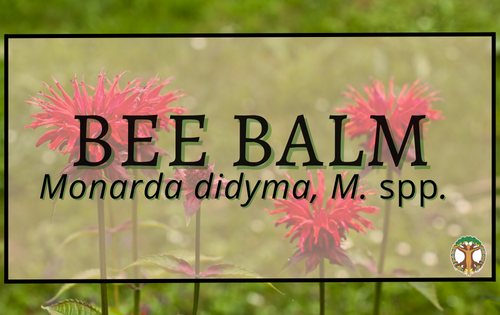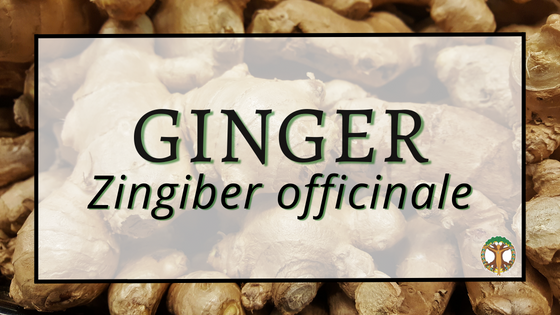
Ginger
Common Name: Ginger
Botanical Name: Zingiber officinale; Zingiberaceae
Part Used: rhizome
Energetics: pungent, sweet, drying, warm to hot
Actions: Stimulant, diaphoretic, expectorant, carminative, antiemetic, analgesic
Systems: digestive, respiratory, cardiovascular
Indications: colds, flus, indigestion, vomiting, belching, abdominal pain, laryngitis, arthritis, hemorrhoids, headaches, heart health, menstrual cramps
Precautions: inflammatory skin diseases, high fever, bleeding, ulcers
Preparation: infusion, decoction, tincture, candied, culinary
Cautions: Avoid using large doses in pregnancy, due to its emmenagogue and potential abortifacient effects. Do not use in those with gallstones due to its cholagogue effects. Avoid large doses prior to surgery to avoid risk of hemorrhage and at lease one week before elective surgery. Use only with expert advice in the case of peptic ulcers.
Habitat: Ginger grows in tropical and subtropical regions. Ginger prefers soils that are very rich and moist. In slightly cooler climates, the plant does well in full sun. However, in more southern locations, the plants may need partial shade.
Ginger is perhaps, the best and most sattvic of the spices. It was called…the universal medicine. – The Yoga of Herbs
Ginger is a warm to hot herb with a tendency towards dryness. Fresh ginger is considered to be warm while dried ginger is considered to be hot. When utilized, it is aromatic and dispersing, spreading quickly to your core and limbs. Due to ginger stimulating fluid loos through the promotion of sweat or expelling of mucus, it is also considered drying.
Ginger can be a tonic for the heart. In traditional Chinese, Indonesian and Ayurvedic medicine, ginger has been used to treat a variety of cardiovascular conditions. Ginger’s anti-inflammatory properties inhibits the action of several genes involved in the inflammation process. It reduces the inflammation by blocking these genes needed to create inflammation. The anti-inflammatory properties result in ginger being a natural remedy for relieving arthritic conditions, pain and headaches when applied topically.
The University of Maryland Medical Center cites a number of studies that suggest ginger may lower cholesterol and prevent blood from clotting. In addition, ginger can release those suffering from gas and cramps in the abdomen, including menstrual cramps. Findings show that gingerols from ginger prevent abnormal coagulation and improve circulation. Gingerols and other phenolic compounds relax peripheral blood vessels and promote sweating, properties that increase blood flow and metabolism.
Ginger can neutralize toxins and help with digestion, absorption and assimilation of food. Ginger makes food lighter and easier to digest, aiding in the cleansing of the intestines and promoting health bowel movements.
References:
Brinker, Francis (2010) Herbal Contraindications and Drug Interactions. Eclectic Medical Publications
Lad, Vasant (1985) Ayurveda: The Science of Self-Healing: A Practical Guide. Lotus Press
Frawley, David, Lad, Vasant (1993) The Yoga of Herbs: An Ayurvedic Guide to Herbal Medicine. Lotus Press
Kelly, Alexandra (2017) Love Ginger, Love Your Heart. The Ginger People



